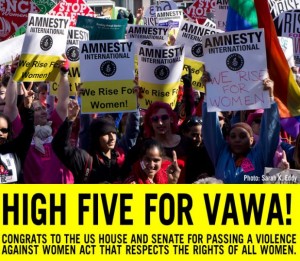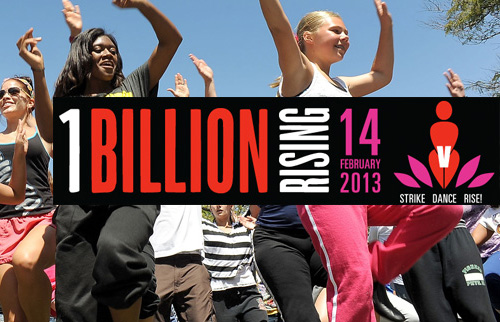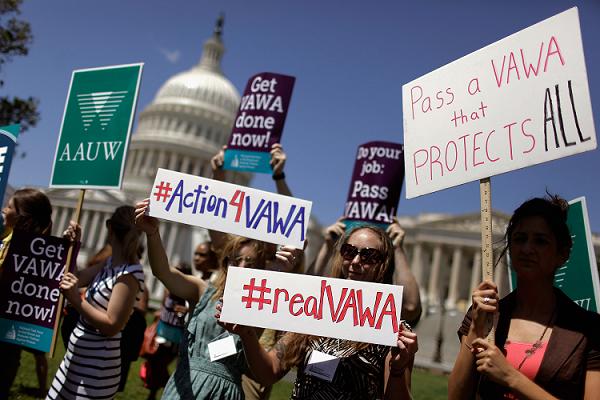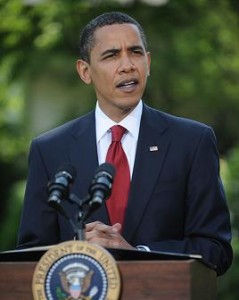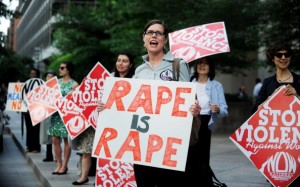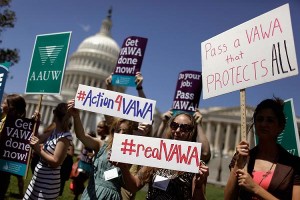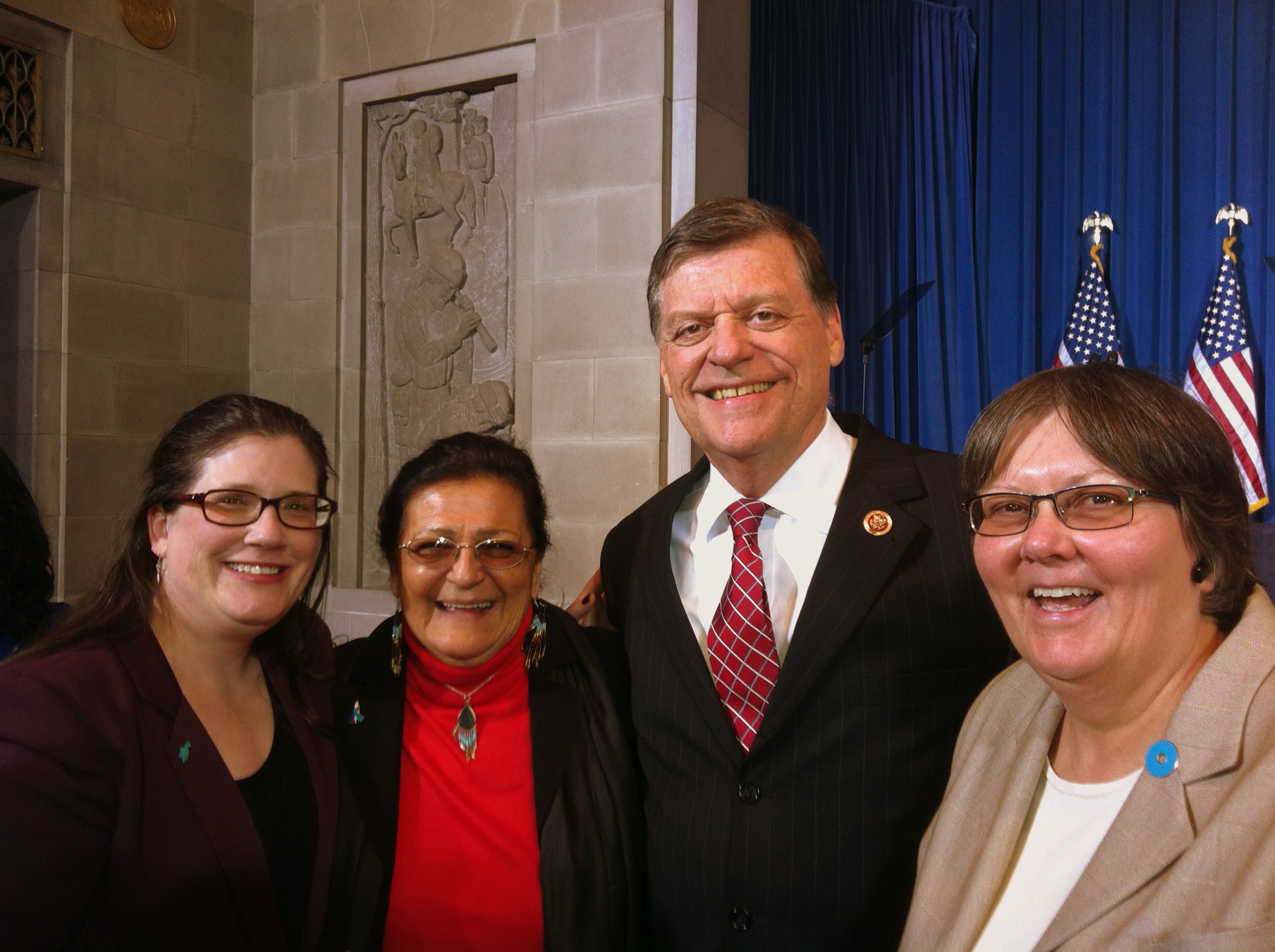
Sarah Deer (Mvskoke Nation and Member of Amnesty International USA’s Native American and Alaska Native Advisory Council), with Ruth Jewell (Penobscot nation and President BOD of National Coalition Against Domestic Violence), Representative Tom Cole (Republican champion of VAWA and member of the Chickasaw nation) and Rita Smith, Executive Director of National Coalition Against Domestic Violence.
By Sarah Deer, Mvskoke Nation and Member of Amnesty International USA’s Native American and Alaska Native Advisory Council
I was 5 years old when the U.S. Supreme Court decided Oliphant v. Suquamish in 1978. The decision stripped tribal governments of criminal jurisdiction over non-Indian and has left Native communities vulnerable to violent crimes committed by non-Indians in our territories.
When I first began learning about this case in earnest in law school years later, I was horrified. Why would the court rule that tribal nations lacked inherent authority to protect themselves? Over the years, many Indian law experts told me that it was unlikely that Congress would overturn the decision. Unfortunately, for many politicians, prejudice and ignorance have been the primary tools used to assess the legitimacy of tribal courts.
